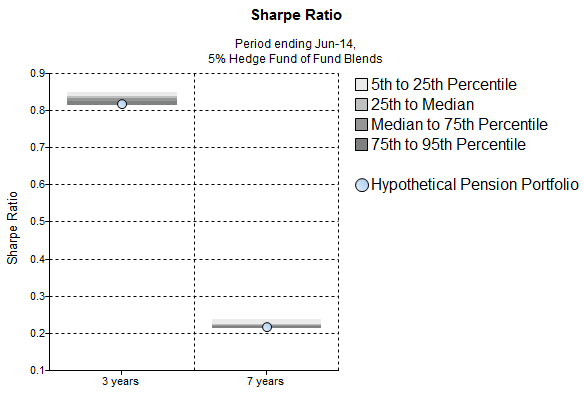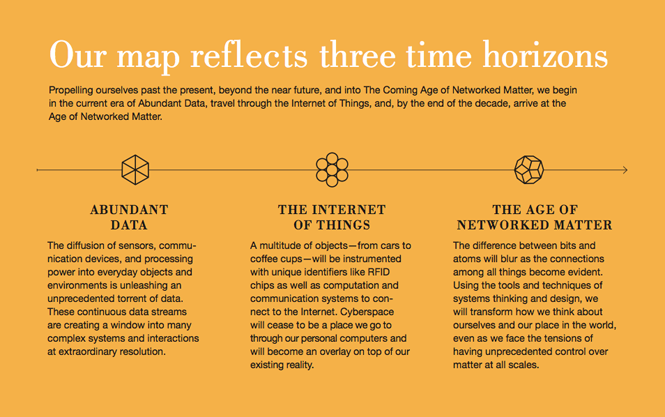Time Horizon Does Matter
Post on: 16 Март, 2015 No Comment

Time Horizon Does Matter
Ever since I started in the investment business, entrepreneurs would often ask in meetings, Whats your typical time horizon for an investment? To be candid, I never thought this was a particularly relevant question. No institutional VC or growth equity firm will say were trying to flip our investments in a year. And, no firm will say were looking to hold every company for 15 years. Though every firm with some history will have examples of both taking place. Id guess that most firms will say their typical holding period is in that 36 year range with flexibility above and below that. To that end, I have always thought that time horizon was never that distinctive or critical of an attribute when selecting a firm.
As the years have gone by, and Ive been exposed to different investment philosophies financial or otherwise and Ive come to appreciate that in many ways, time horizon can be a driving force in ones strategy or even ideology. Though in my vocational world, time horizon isnt that distinctive because most firms are within a similar band, in the broader world, time horizon is profoundly implactful. Heres what I mean
On investments: What if a firm came along with the resources and focus to invest in companies with a 1030 year return on investment? All the traditional defining attributes of a firm stage, sector, geography, etc. are subjugated to the outstanding fact that this firm is optimizing for the 20 year return, not the 5 year return.
An example of this might be Google. Google bought YouTube for $1.65B in 2006. Since that investment, they have taken much criticism because YouTube continued to burn cash and the business model hadnt been proven to work. In other words, the YouTube acquisition didnt make sense if your investment horizon was 35 years. But, what if Googles horizon was 1020 years, and thats what they were focused on? What if they didnt care as much about the economics and importance of video over the near-term, but just wanted to make sure they were dominant 1020 years later in video? Google is one company that can afford to do that, and a different time horizon leads to a different set of actions.

On economics: Lets say that you are sitting in Tim Geithners seat (U.S. Treasury Secretary) at the start of his term last year. And, he has a simple question do I bail out the banks? I would argue that the question to drive the answer is whats your time horizon? Are you aiming to stabilize the U.S. economy in the 14 year horizon over Obamas term, or is your priority to create the stage for a strong and vibrant economy over the 2030 year horizon? Clearly the nature of politics dictates a nearer-term horizon, and hence, the logical decision is to bail out the banks and deal with the consequences later. But, if your primary objective is to optimize the long-term (2030 years) health of the economy, one could make a strong argument that bailing out the banks is not the right thing to do. This is not about big or small government, left or right ideology, populist or otherwise this is simply about time horizon.
On poverty: Lets say you want to help the homeless in Boston. Again, Id argue that time horizon is a big driver. If your objective is to help today youd probably walk outside and lend a helping hand through money, food or clothing. If your objective is to help this year, maybe youd support or volunteer at a homeless shelter. If your objective is to help over the 2050 year horizon then youd probably focus all of your energies on a structural issues like education and jobs. Sometimes I wonder if different ideologies on poverty (e.g. Democrats and Republicans) are really just differences in time horizon rather than core philosophy.
If you look at all different aspects of life career decisions, child rearing philosophies (think about sleep training), relationships, etc. different time horizons leads to different decisions. Hence, while I tended to be dismissive about time horizon in the past, now in many ways, its a starting point for making decisions. Ive come to appreciate that its a healthy thing to ask in any decision making process whats my time horizon?














